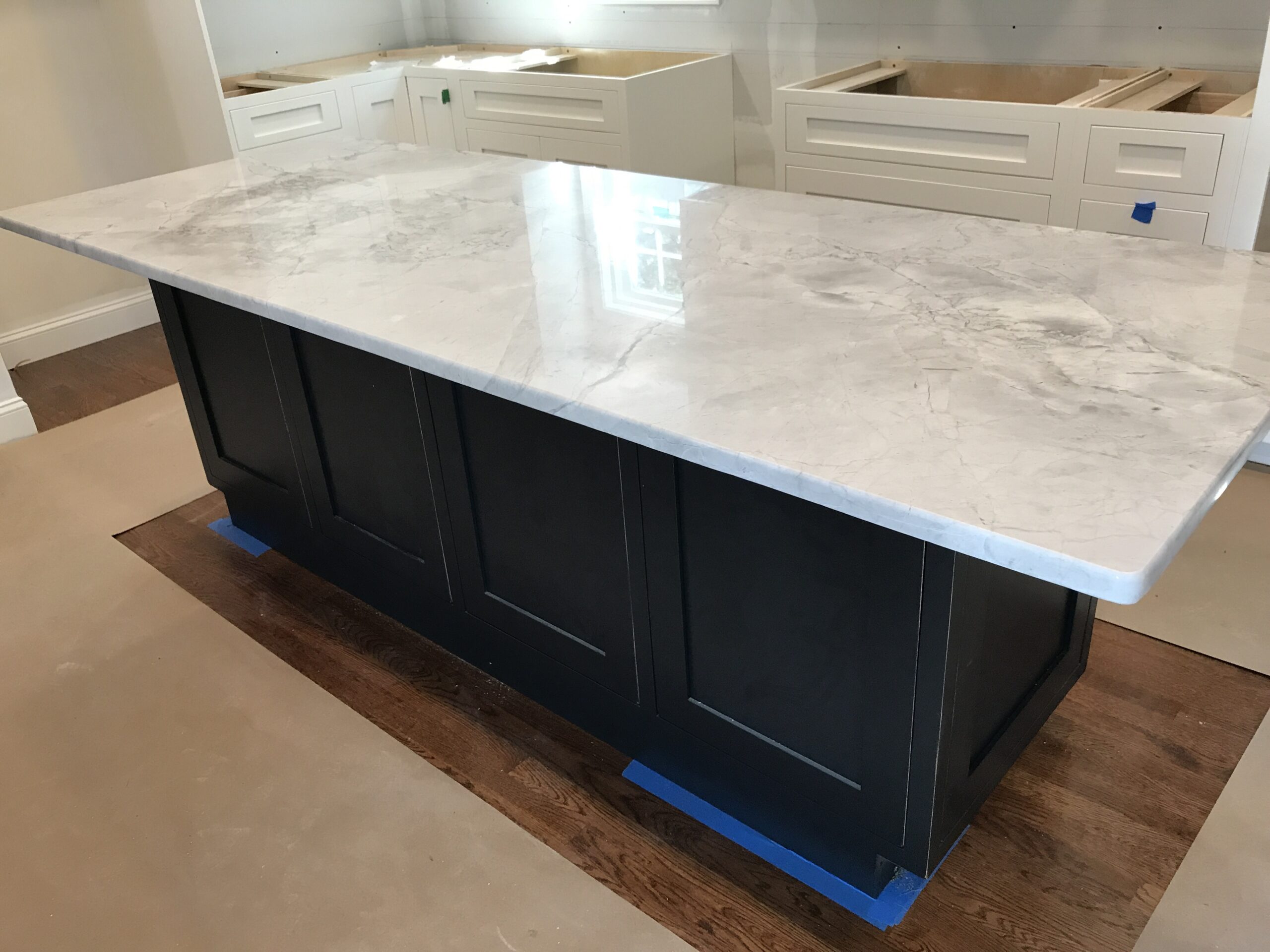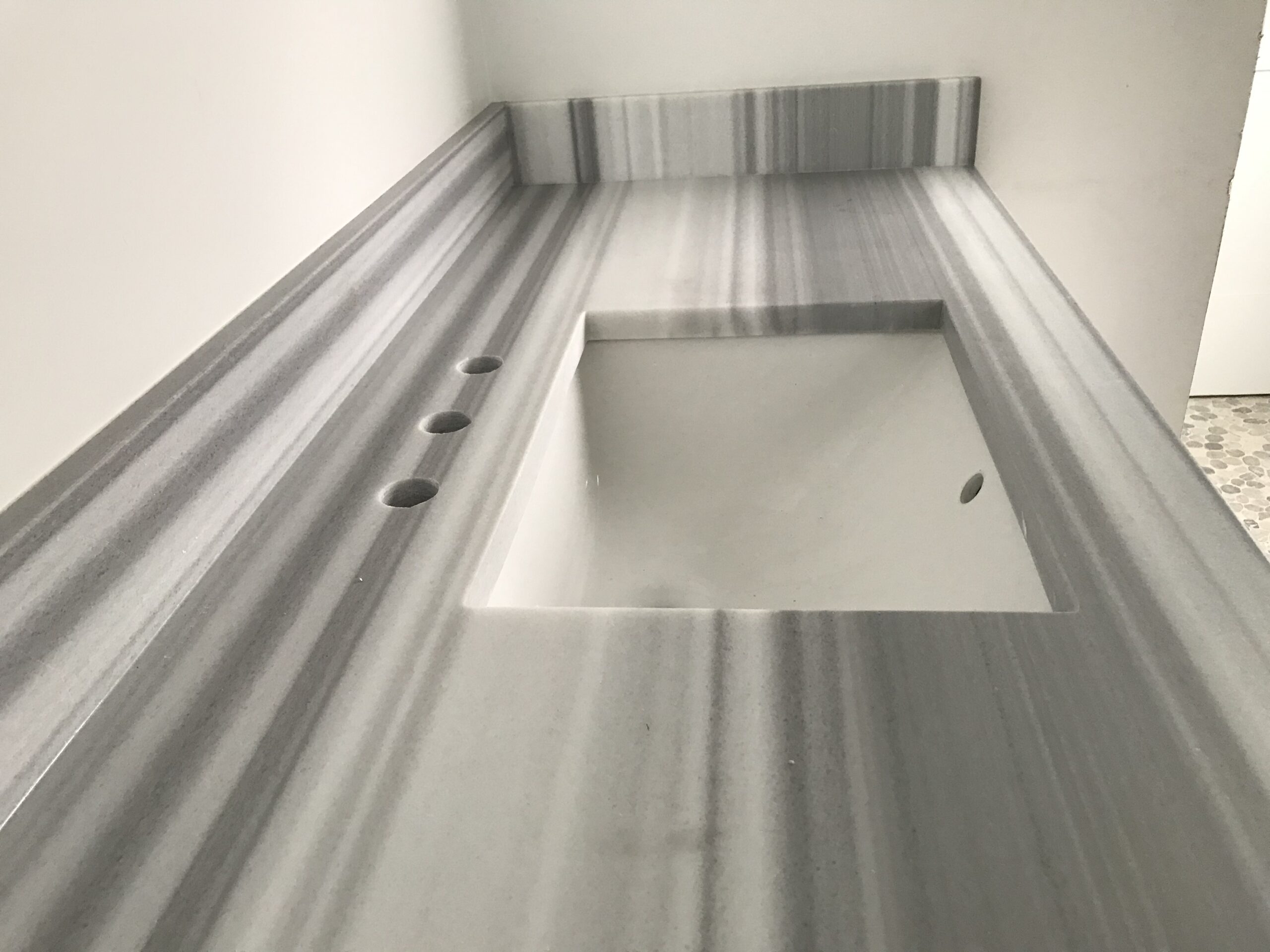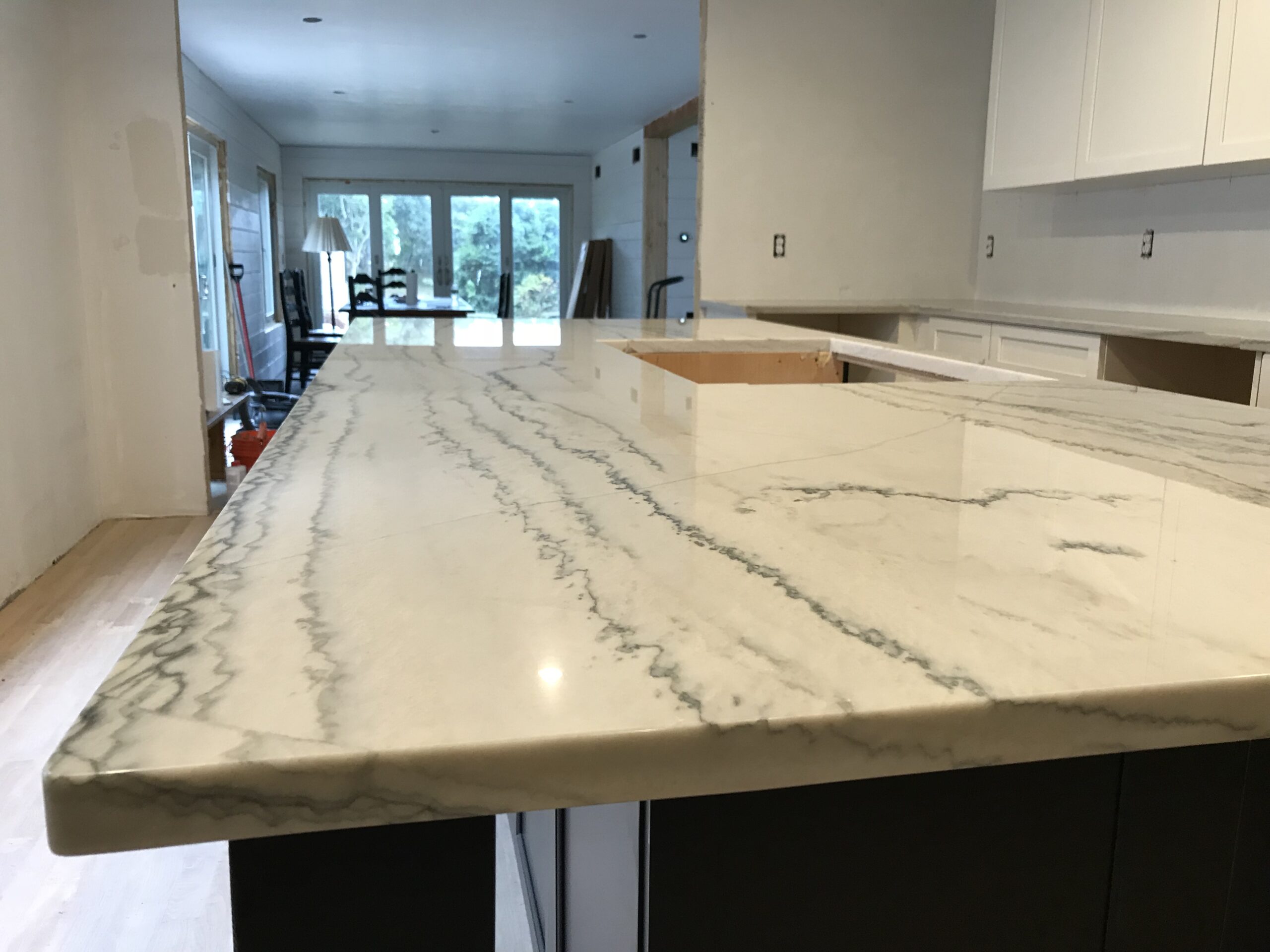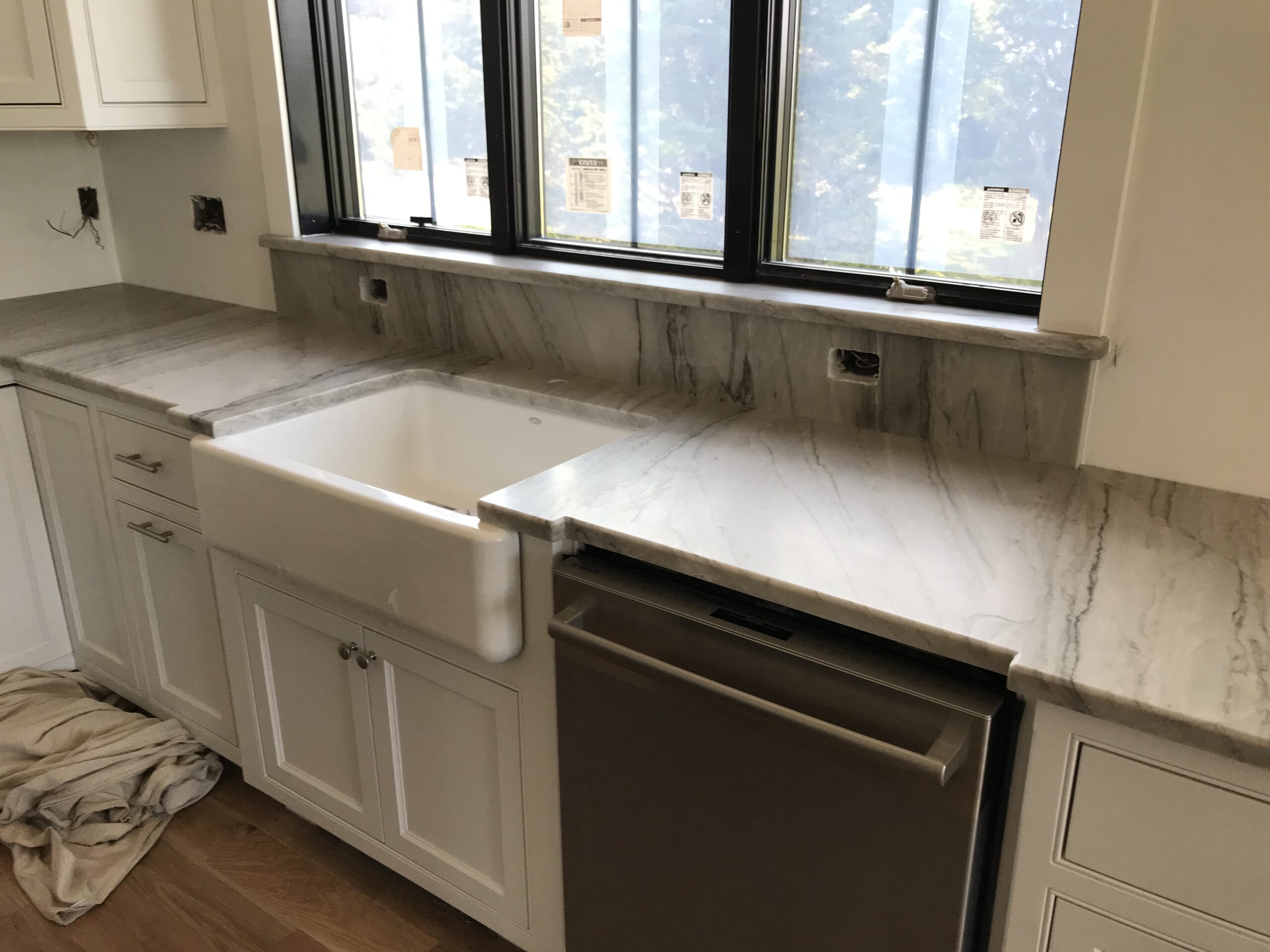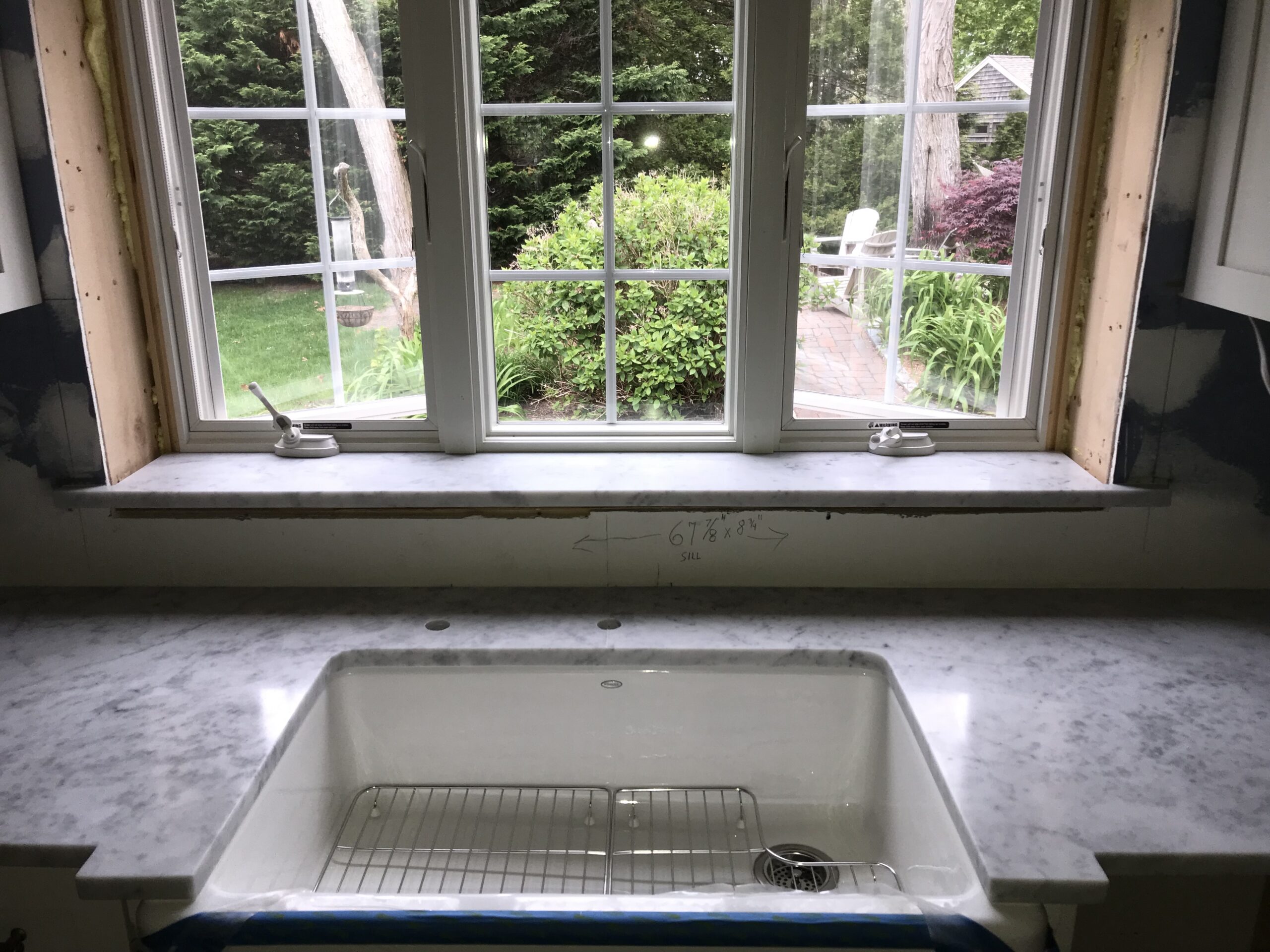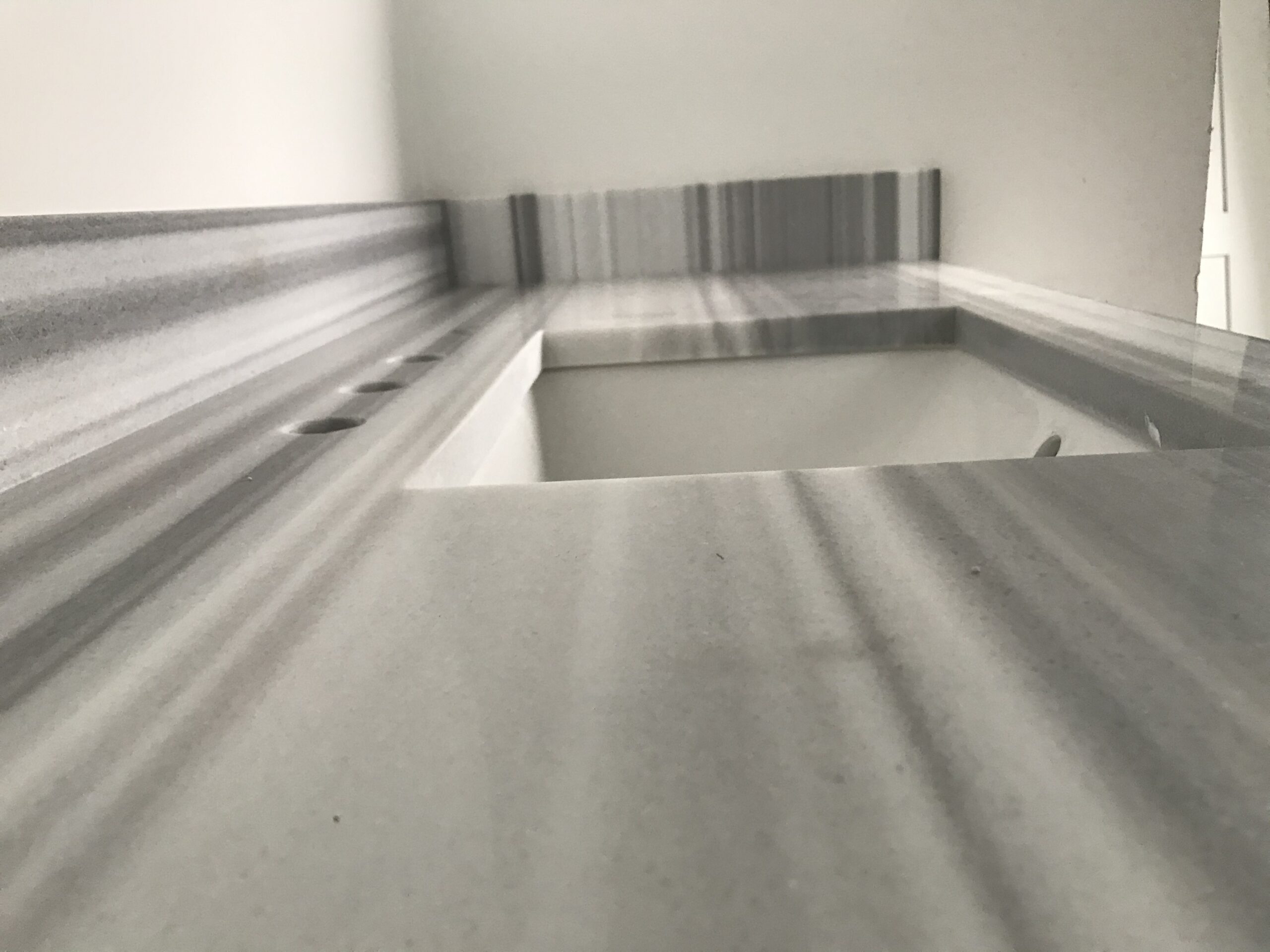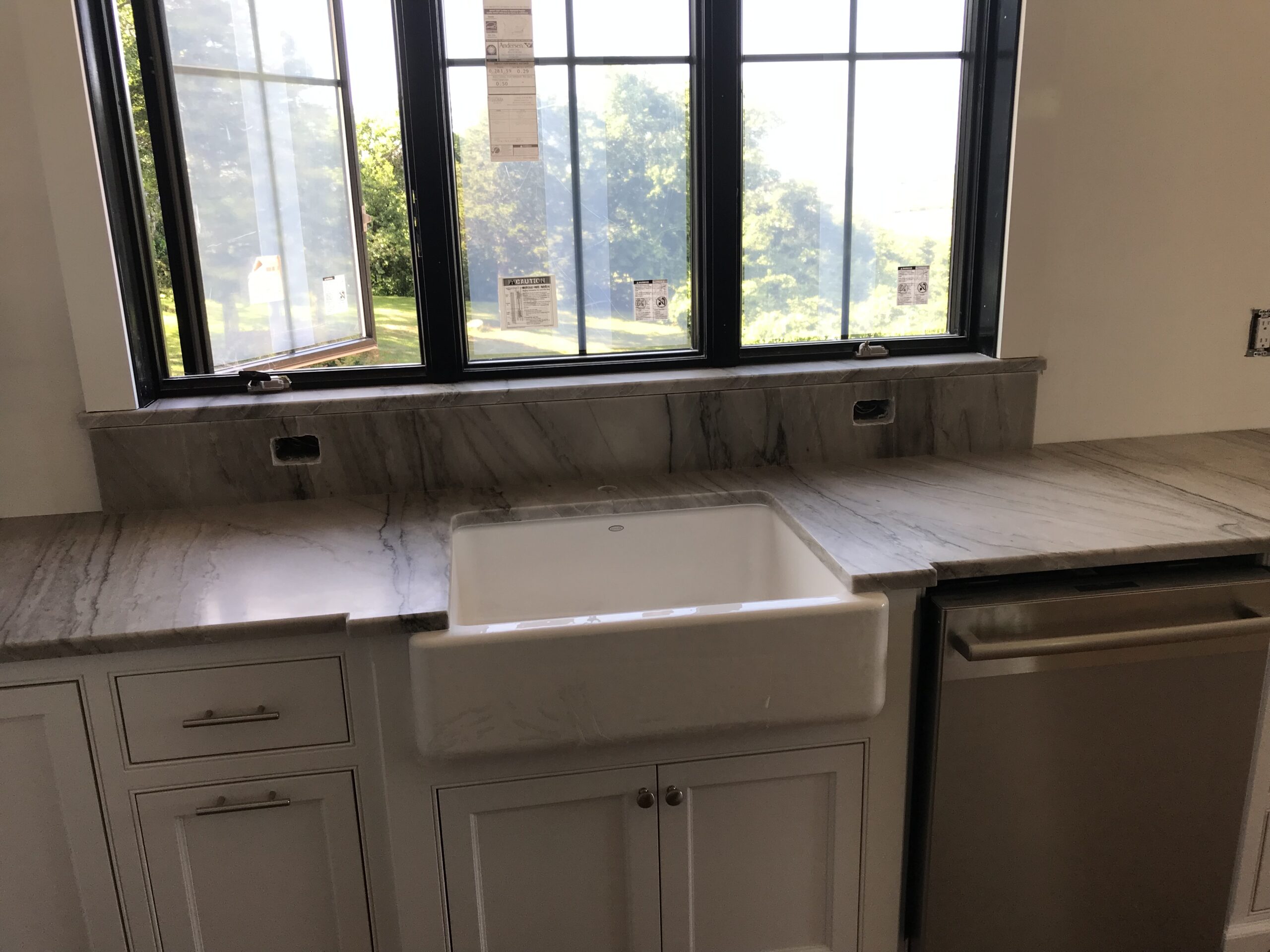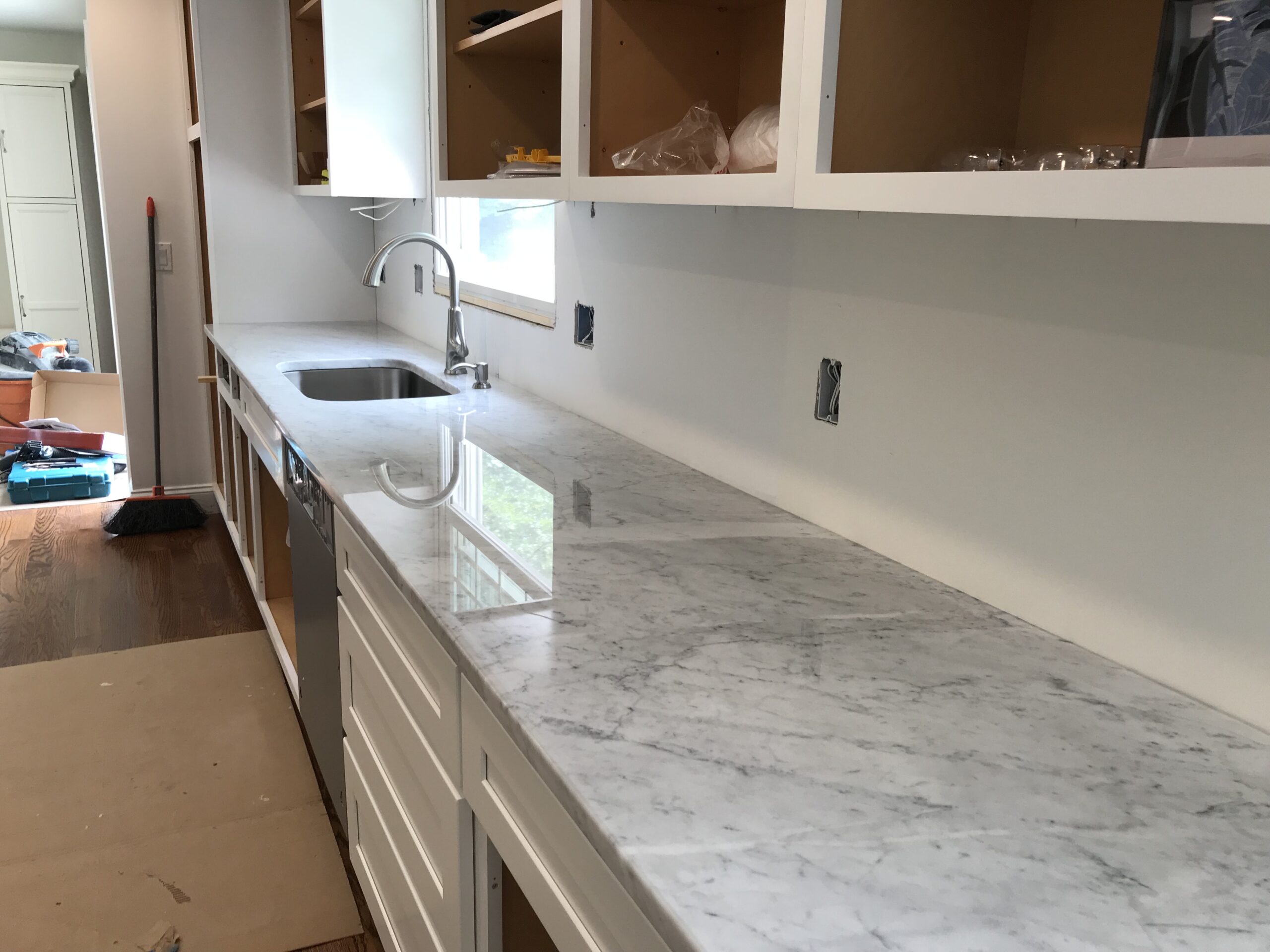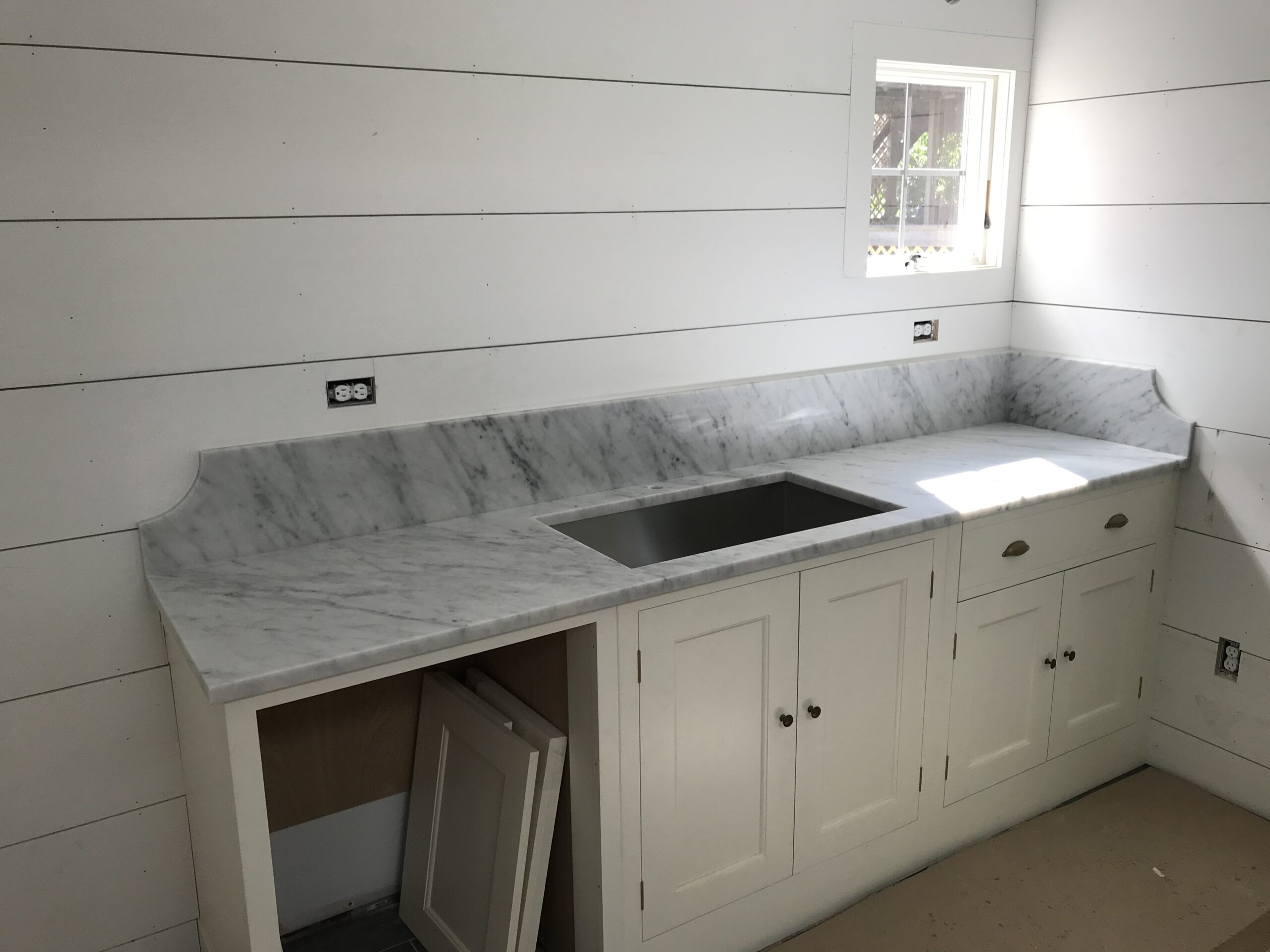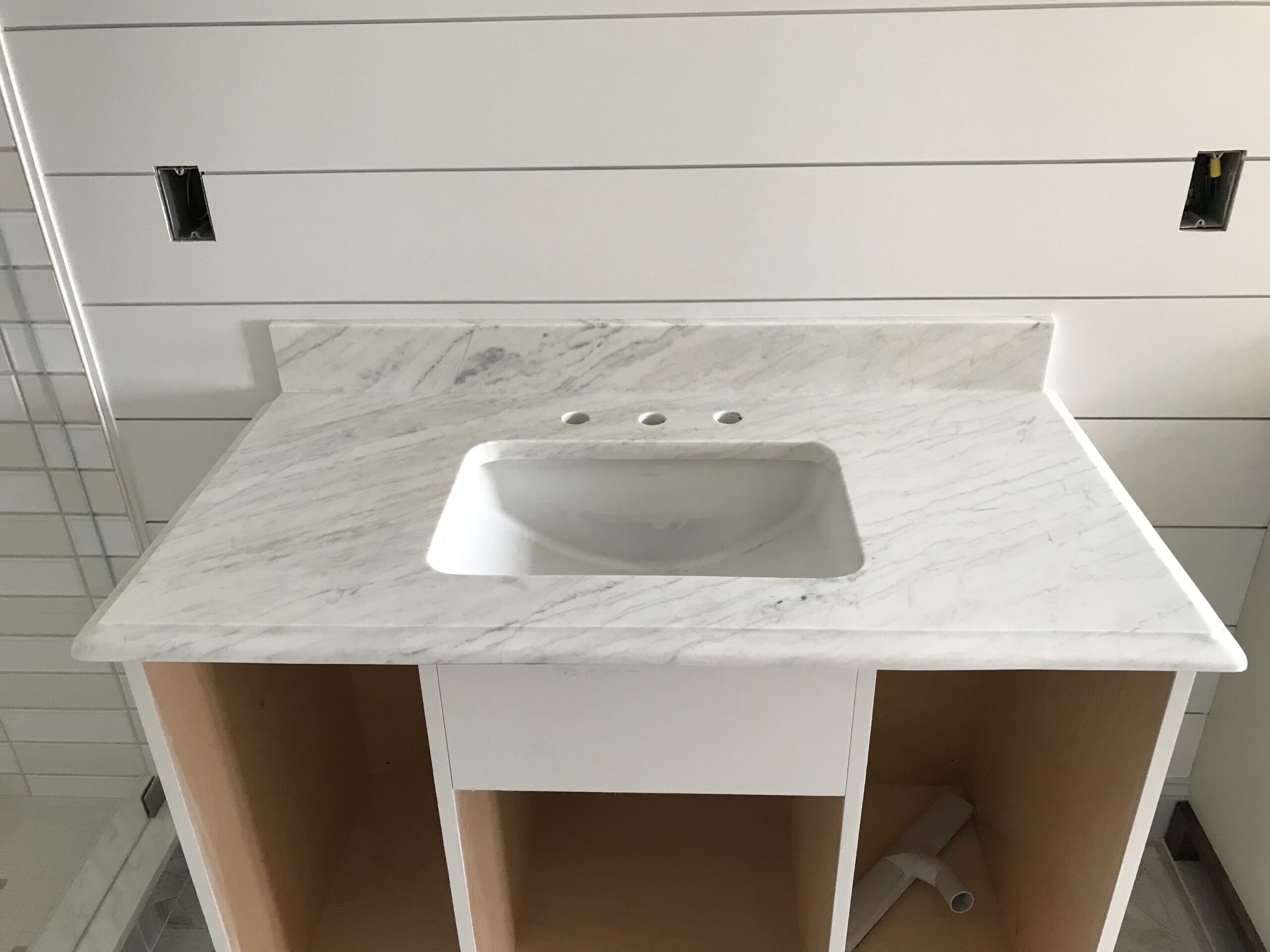What is Marble?
What is Marble?
Ideal for foyers, bathrooms, floors, and hearths. Marble has both a scientific and commercial definition. Scientific marble was once limestone that achieved metamorphosis from intense pressures and high temperatures within the earth. This altered its crystalline structure and introduced other minerals that produced the valuable colors and veining.
Commercially, any stone capable of taking a polish (with the exception of granite) is known as marble. This includes travertine, onyx, serpentine and limestone. Marble is found in the mountainous regions of Canada, Italy, Germany, Spain, the U.S., Greece and other countries worldwide.
Common Uses for Marble
Common Uses for Marble
Marble adds a sophisticated element to your home, and its wonderful appearance, superior engineering characteristics, and ease of maintenance makes it a natural choice for floors, wall coverings, fireplace facing and hearth, table tops, and bathroom walls, floors, vanity tops, tub decks, and showers. Marble should be cared for as you would a fine wood finish. Using coasters on tabletops and cleaning up spills immediately will preserve marble’s natural beauty.
Serpentine – another option for marble-loving homeowners is using another natural stone – for kitchen counters. Sometimes called the “green” marble, serpentine is not a true marble but offers a marble-like look. And, because it is magnesium-silicate based, it is not sensitive to citric acid and other kitchen spills.
Our Recent Marble Projects
Surface Care & Precautions
Surface Care & Precautions
Polished marbles will serve well as flooring in areas where little sand is tracked onto these floors. Honed marble (flat finished), limestone, or travertine will do very well in high traffic areas. Polished marble on a bathroom countertop requires you not to leave any thing that will cause rust, chemical, or food stains on the countertop and the counter top will need to be sealed occasionally. Lemon juice or other food acids can etch polished marble, and cause flat spots and marble is more easily stained by oils, juices and metals. Stains on marble are more complicated to remove. A honed marble on a kitchen countertop is a better choice than polished. Never use bleach, Comet or acidic cleaners on polished marble. These will etch the surface and remove the shine.

